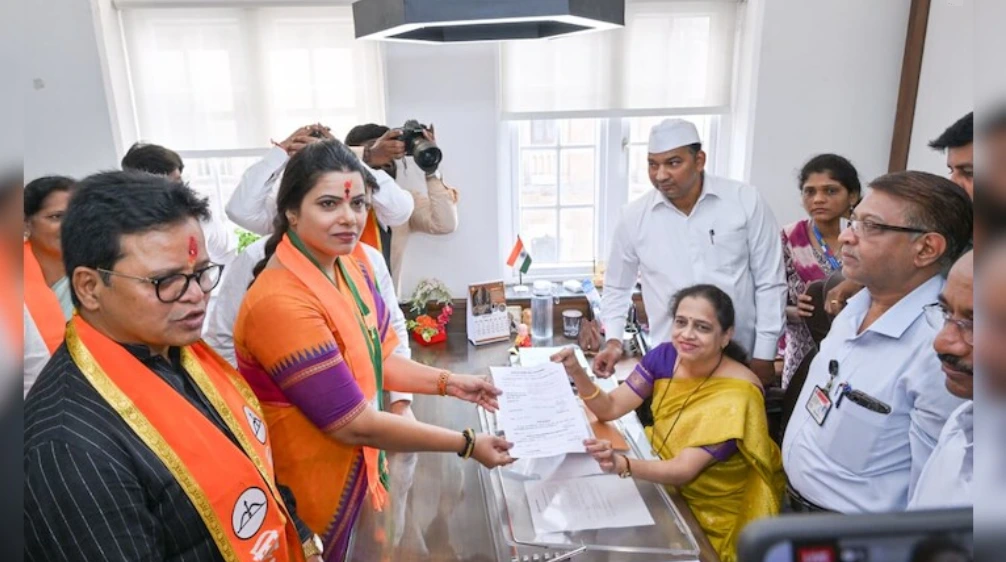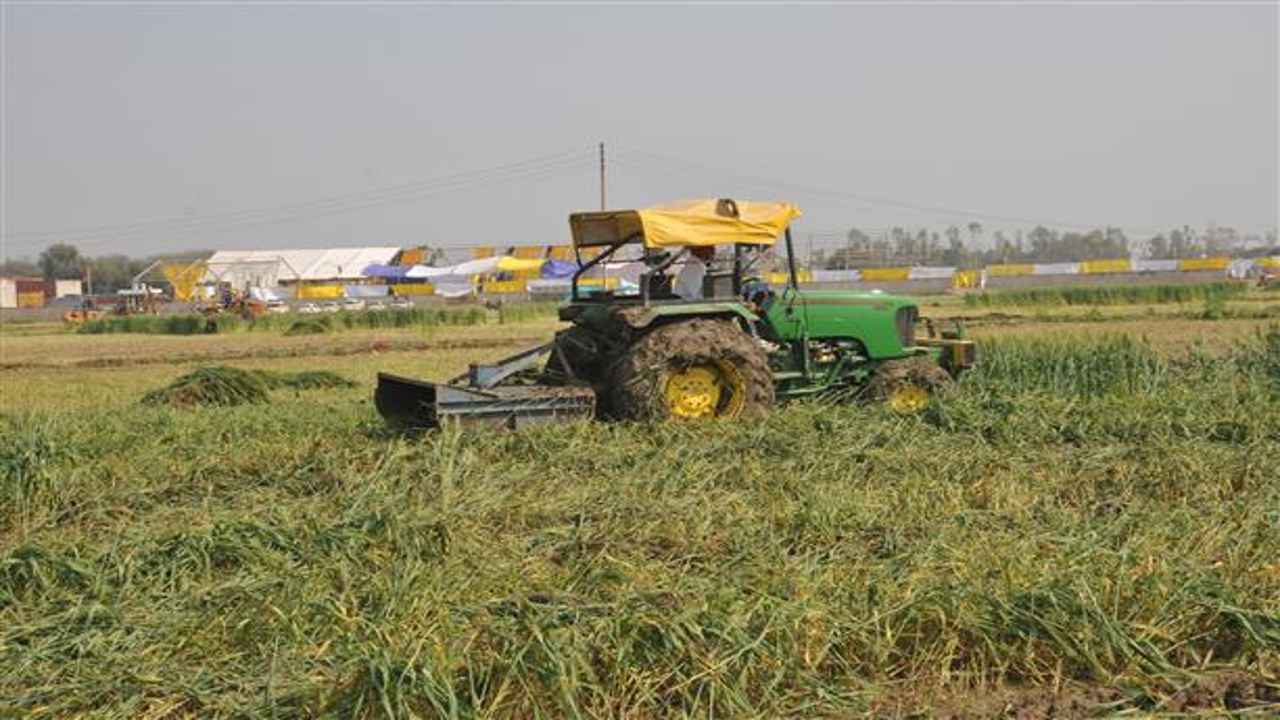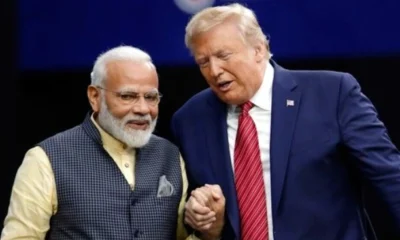It is a sign of the unnatural tie-up that the BJP had entered into with People’s Democratic Party (PDP) that, probably for the first time in its existence, it broke the alliance to bring down a government it was part of.
The BJP, which has acquired an increasingly strong Hindu nationalist tenor, had joined the alliance to come to power in a state it never had a chance to manage – at the government level (it has been involved in several agitations and movements advocating the Hindutva cause and the cause of Kashmiri pandits). For this, it chose to join hands with the PDP which has advocated a soft approach to separatists in sharp contrast to the BJP’s penchant for military action.
The cracks in the alliance were visible after the government differed on key issues like Centre’s Ramzan ceasefire, Kathua rape case, removal of AFSPA and dialogue with Pakistan. The rift between the partners widened after the government decided to resume counter-terror operations after the month-long suspension of operations in the state during Ramzan. This is despite Chief Minister Mehbooba Mufti pressing for an extension by at least two months.
BJP’s decision to pull out of the alliance with Mehbooba Mufti-led PDP government in Jammu and Kashmir today, Tuesday, June 19, came after BJP president Amit Shah met party’s MLAs from the state in Delhi earlier in the day.
BJP General Secretary Ram Madhav, announcing the BJP’s decision in a press conference, said, “There were two major objectives when we joined the alliance – peace and progress in the state. Terrorism, violence and radicalisation have risen and fundamental rights of the citizens are in danger in the Valley. Shujaat Bukhari’s killing is an example… We discussed the situation in Jammu and Kashmir, and how much we’ve achieved since forming the government in the state. After a meeting with BJP’s Amit Shah, we decided that we cannot continue with PDP in the state.”
“Our ministers faced hindrances in discharging their duties in the last three years. People from Jammu and Ladakh were facing discrimination,” he added during the briefing.
The breaking of the alliance brought the state government down. The J&K Assembly has 89 seats. The composition is: PDP- 28, BJP- 25, NC-15, INC-12, J&K people’s conference-2, CPI-1, others-4.
Minutes after the announcement, Jammu and Kashmir Chief Minister Mehbooba Mufti submitted her resignation to the Governor, confirmed senior PDP leader Naeem Akhtar. The PDO legislators were scheduled to hold an emergency meeting.
The Congress alleged that the BJP pulled out of the alliance after finishing the state physically and economically. Leader of Oppositon in Rajya Sabha Ghulam Nabi Azad said, “When the BJP has formed the government in J&K, we had told the PM that will be a Himalayan mistake. We have been proven right.”
Azad said Jammu and Kashmir was destroyed socially and politically. “Who will create an alternate government in such a situation? They have made a khandar of a situation here,” Congress’ Azad said. “They ruined the balance of the society in Jammu and Kashmir. There was a lot of tension between the regions of Jammu and Kashmir. Socially, politically, Jammu and Kashmir was destroyed,” he said.
“After ruining the state in the last three years, they are now breaking the alliance. It is a total failure by the part of the govt of India. Centre cannot shy away from the responsibility,” said Azad.
“The regional parties should have been left to themselves to form a government. They should have been allowed to select their own partner. The BJP did not allow this. The alliance devastated the state. Maximum number of ceasefire violations and max number of civilians were killed in these three years. The BJP exited after finishing the state physically and economically. The first criminal is the Government of India,” Azad said.
Earlier, explaining the BJP’s decision, BJP general secretary Ram Madhav said, “Taking into account, the sovereignty and integrity of the country we have decided to part ways with the PDP. Governor’s rule should be imposed in Jammu and Kashmir. It is time that the reins of power in the state be handed over to the governor.”
He added, “There were two major objectives when we joined the alliance – peace and progress in the state. Terrorism and radicalisation is on the rise in the state. The murder of editor Shujaat Bukhari shows even press freedom is in danger. It has become untenable for BJP to continue in the alliance govt in JK.”
“After the killing of Shujaat Bukhari in broad daylight in Srinagar, there was no question of suspending anti-terror operations…. The state must be put under Governor’s rule. Once situation is restored to normalcy, then we can take the political process forward,” he said.
Arguing that the BJP had tried the peaceful approach, Madhav said, “We granted ceasefire from a position of strength, remember that. They (militants) are not willing to even honour that…We have been successful in battling terrorism in the state. But political parties have a responsibility to prevent radicalisation and develop the state. We didn’t see that.”
“The home minister used to visit the Valley from time to time. You know that an interlocutor was also appointed for addressing grievances of the people in Jammu and Kashmir,” Madhav said, as he stressed on how the central government had strived for the development of the region.
“It pains me to say that those who are more in control of the government could not achieve these objectives,” he added. “Because the whole government does not belong to the BJP, there was a sort of discrimination which the people of Jammu and Ladakh were experiencing,” he said.
Explaining the rationale for the alliance with PDP, Madhav said: “We had to respect the mandate of the people. If we would not have formed govt at that time, Governor’s rule or Presidential rule would have been imposed in the Valley. We had an alliance with them just for the mandate that was given by people.”
Addressing the press conference, he said, the central BJP leaders had a special meeting for which state party leaders were called and the situation in the state discussed. After assessing what the party had achieved since forming the government in the state, it was decided that it is not possible for the BJP to continue in the alliance government in Jammu and Kashmir.
“After a lot of discussions, the prime minister and Amit Shah and other BJP leaders decided that it has become untenable for the BJP to continue in the alliance in Jammu and Kashmir,” Madhav said.
The BJP ministers were summoned a day after the Centre announced it would not extend the Ramzan ceasefire in the Valley. Sources in the party said the meeting was convened following differences between the ruling PDP and BJP over the issue of the ceasefire. Chief Minister Mehbooba Mufti wanted the ceasefire to be extended, while the Centre decided against it in light of the Amarnath Yatra.
The BJP central leadership would deliberate on the party’s strategy in the state ahead of the 2019 Lok Sabha polls and also take stock of the political situation in Jammu and Kashmir, sources said.
“All the BJP ministers have been called to New Delhi for a meeting,” a senior Jammu and Kashmir BJP leader told PTI. BJP state chief Ravinder Raina and party general secretary (organisation) Ashok Kaul have been also called for the meeting.























